When handled poorly, divorce can leave a child confused, insecure, or emotionally burdened. But with intention and awareness, divorce can also be a transition that still supports their well-being. That said, here’s how to help kids deal with divorce as a major life event in a way that protects their mental health, honors their rights, and supports long-term psychosocial stability.

How To Help Children Deal With Divorce
Hi, I’m Jovana, a Clinical Social Worker. Everything I share is based on years of formal education, research, and practical experience working with a justice system supporting parents and children go through the divorce process feeling safe and secure – even when family dynamics change – making confident decisions pre, during, and post divorce.
SUPPORTING CHILDREN WITH HANDLING SEPARATION AND DIVORCE

1. GIVE THEM CLEAR, AGE-SENSITIVE INFORMATION
Children need to understand what’s happening, which means that witholding the right information is not protection. On the contrary, avoiding the conversation only creates confusion and adds a layer of anxiety.
Start by transparently explaining divorce in suitable terms based on (in accordnance with) their age and maturity.
Let them know it’s not their fault meaning that it has nothing to do with them.
They also need to know what changes to expect, such as living arrangements, contact with each parent, or routines. This clarity helps reduce uncertainty, which is often the source of emotional distress.
In case you can’t give them all the answers they need or look for, give the information you can and reassure them that you’ll update them as you know more.
Sharing the right information with them during this time brings them a sense of control over their lives and makes them feel safer. To continue down that path, get my FREE 3-day mini crash course, 5 Steps To Ensure Your Child Feels Safe And Protected During A DIVORCE. Enable them to thrive this way, not merely survive, by helping them successfully adjust to changes. Click below to sign up:
5 STEPS To Ensure Your Child Feels Safe During A DIVORCE (adjusting now to thrive later)
Read: How To Talk To Your Kids About Divorce (3 Key Tips).
2. RESPECT THE CHILD’S RIGHTS TO PARTICIPATE
Children are not passive observers in their own lives—they are rights-holders entitled to participate in decisions that affect them.
True participation (not just a symbolic one) goes beyond offering surface-level choices.
It means engaging with children meaningfully, taking their views seriously, and making space for their input without placing the burden of decision-making on their shoulders.
- Involve them authentically: Invite them into conversations about living arrangements, daily routines, or school-related matters. Their views should be heard, valued, and considered when decisions are made.
- Adapt to their evolving capacities: Participation should be appropriate to their age and maturity. Even young children can express preferences and reactions that offer insight into their needs and desires.
- Protect without silencing: Shielding children from harm doesn’t mean excluding them. It means supporting their participation in ways that protect, empower and inform, not overwhelm or disregard.
Read: Child Participation In Decision-Making (Ensuring Every Child’s Voice Is Heard).
3. GUARD THEM AGAINST UNNECESSARY EMOTIONAL BURDENS
Children should never be placed in the middle of adult conflict. Divorce can be painful, but children must be protected from:
- Being asked to take sides
- Hearing one parent speak badly about the other
- Parental/child alienation
- Being blamed for the divorce
- Feeling responsible for parents’ emotions
- Receiving too much or too little information.
These actions and behaviors create emotional confusion, loyalty conflicts, and guilt—none of which is for a child to carry.
To continue down the path of securing your child is guarded against emotional burdens that aren’t theirs to carry, get m FREE 3-day mini crash course 5 Steps To Ensure Your Child Feels Safe And Protected During A DIVORCE. Allow them to successfully adjust during this transitional period and thrive later, instead of just surviving.
4. MAINTAIN REGULAR CONTACT WITH THE CO-PARENT AND THEIR FAMILY (STABLE FAMILY ENVIRONMENT)
If safe, consistent contact with both parents (and extended family members) is crucial. It reinforces the sense of being loved and supported by both sides.
Sudden or prolonged absence of a parent – especially without context – can be deeply destabilizing, hurtful, and harmful for children.
If there are valid safety concerns (e.g., domestic violence), ensure the child receives explanations about it being a safety threat in an age-sensitive way. Silence can often feel more frightening than the truth.
NOTE: The threats to safety MUST BE OBJECTIVE NOT JUST PERCEIVED AND SUBJECTIVE. If your ex-partner isn’t a good intimate partner for you that doesn’t make him a ‘bad’ parent. Intimate partnership and parenting are separate roles at all times and need to stay that way.
Read:
5. BE PRESENT AND AVAILABLE
A calm, responsive adult presence can anchor a child during a tough time.
Be available to listen and to talk. Allow them to express any emotions, such as sadness, anger, confusion, or fear—without rushing to fix it or shut it down.
Keep in mind that your child doesn’t need you to have all the answers. They need to know you’re emotionally safe to turn to.
6. PROVIDE STRUCTURE AND CONSISTENCY
While routines may shift, preserving as much consistency as possible gives children a sense of control. Maintain predictable daily rhythms, uphold rules and expectations (to the extent possible), and keep transitions between households clear and smooth.
Structure doesn’t mean rigidity—it means helping children know what to expect, and that they can rely on their caregivers to provide stability even in changing circumstances.
7. REMAIN EMOTIONALLY SUPPORTIVE
Support them with their emotions: name feelings, validate their experiences, and offer tools to help them cope (e.g., journaling, creative outlets, grounding techniques).
Assist them with finding words for what they’re experiencing. You might say, “I know it’s hard when things change so much. It’s okay to feel sad or mad. I’m here to help you through it.”
Check out also: How To Be An Emotionally Supportive Parent As You Truly Desire To Be.
8. SEEK PROFESSIONAL SUPPORT WHEN NEEDED
It’s not necessary to carry the weight of divorce alone. If you notice signs of withdrawal, prolonged anxiety, or behavior changes, it may be time to involve a professional.
Professional support isn’t a failure of parenting—it’s a valuable step toward protecting your and your child’s mental health and emotional stability.
With communication, support, and a child-focused approach, you can help them adjust, process their emotions, and thrive—even as life changes around them.
With that said…
IF YOU NEED SUPPORT WITH:
- (pre)divorce and post divorce-related concerns and exercise of parental rights – be sure nothing you care about is left to chance and unaddressed, and get critical insights on the best practices for you which are suitable for your particular situation,
- effective and assertive communication around exercise of parental rights during or after a divorce that supports the child’s best interest – go through this process as easy as possible and with the least amount of challenge, setbacks, or throw offs,
- making sure you create as healthy and as supportive environment for your child as you (reasonably) can now that the family structure has changed.
Here’s a link to schedule a video call to see if we’re a good fit: 15-minute FREE conversation.
If you’re not sure yet, here are some alternatives for your convenience:
Use a code available because your a reader of Joanna Bel blog: Divorce25 for a 10% off.
Not quite sure? I got you! Get my FREE 3-day mini crash course 5 Steps To Ensure Your Child Feels Safe And Protected During A DIVORCE. Enable them to successfully adjust during this major life event, as a prerequisite for thriving later, not only surviving. Sign up quickly below:
5 STEPS To Ensure Your Child Feels Safe During A DIVORCE (adjusting now to thrive later)
Latest Posts:
- How To Help Cultivate Your Child’s Interests in Art

- The Bedroom Door: Why Privacy for Teens Isn’t Optional

- The Importance of Play in Child Development

- 5 Hobbies That Will Help You Connect With Your Teens

- A Guide to Balancing Parenting Roles After Divorce

- Gifts for Your Teenager That They’ll Actually Enjoy

FINAL THOUGHTS ON HOW TO HELP KIDS DEAL WITH DIVORCE
Helping children cope with divorce isn’t about doing everything perfectly—it’s about staying present, transparent enough, and supportive as they navigate (big) changes.
When we prioritize their right to be heard, shield them from emotional harm, and provide stability we protect their mental health and ensure psychosocial support.
Divorce may change the structure of a family, but it doesn’t have to break the emotional bonds of children and parents.
If you found this helpful, you’ll also like:

Note: Although I am a Clinical Social Worker, engaging with this website does not establish a professional social worker-client relationship. The information provided here is for general purposes only and should not be considered professional advice. While we strive to ensure accuracy and reliability, this content is not a substitute for professional guidance. For specific concerns, issues, or situations, it is essential to consult a qualified professional and present your situation. Read the full Disclaimer here.
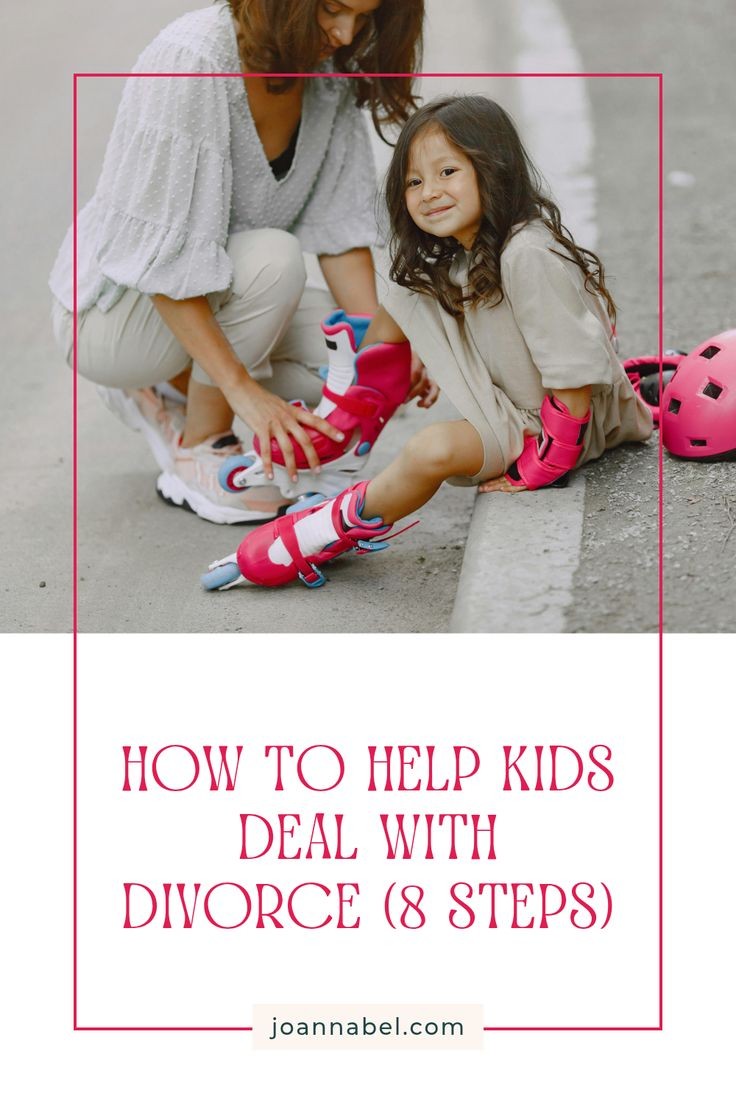
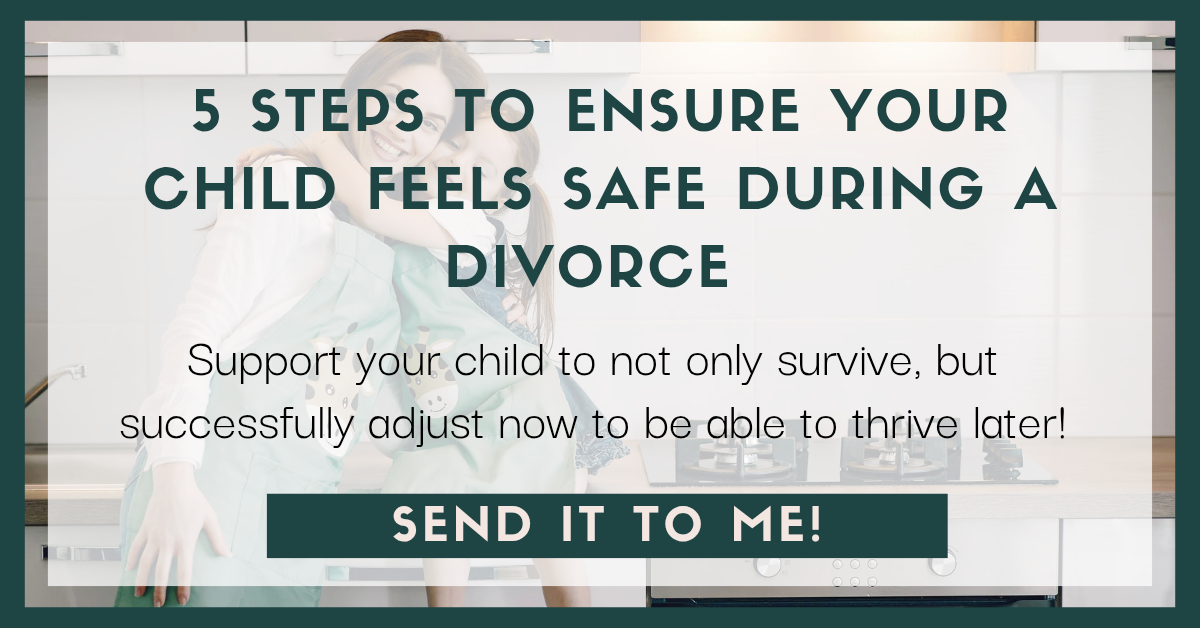
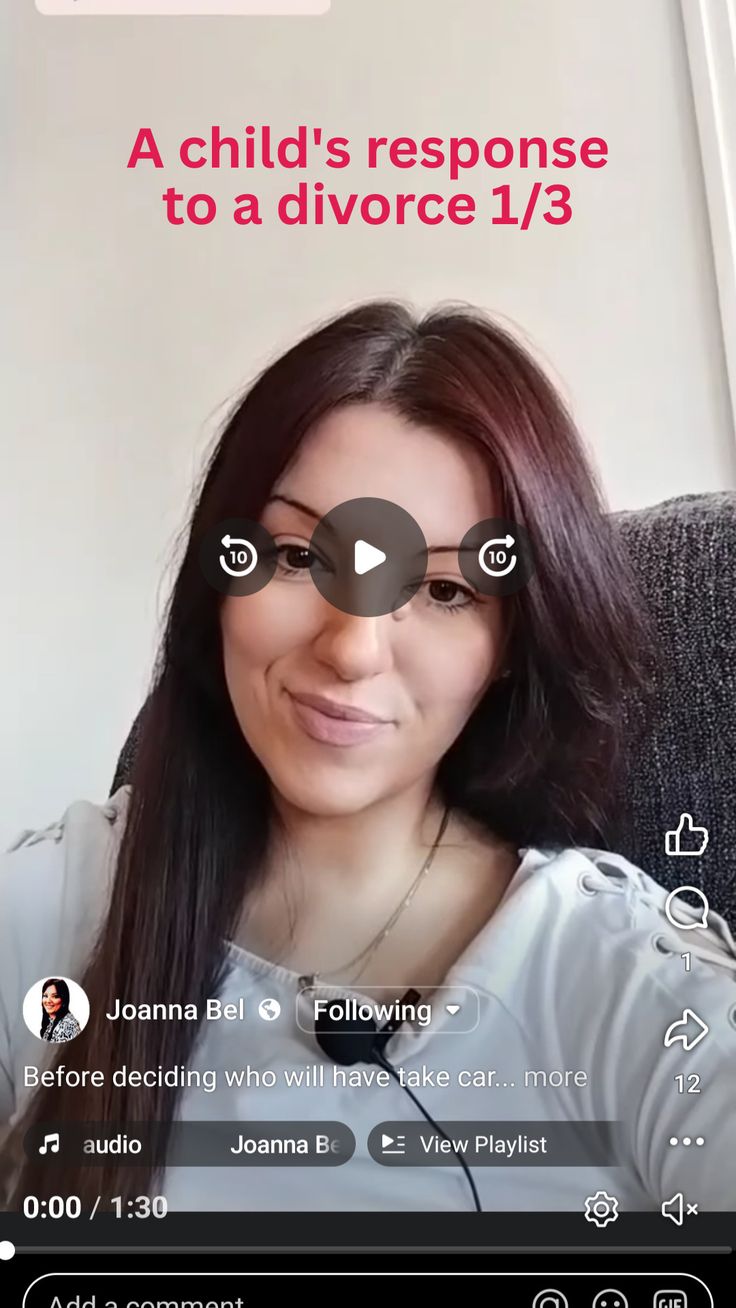
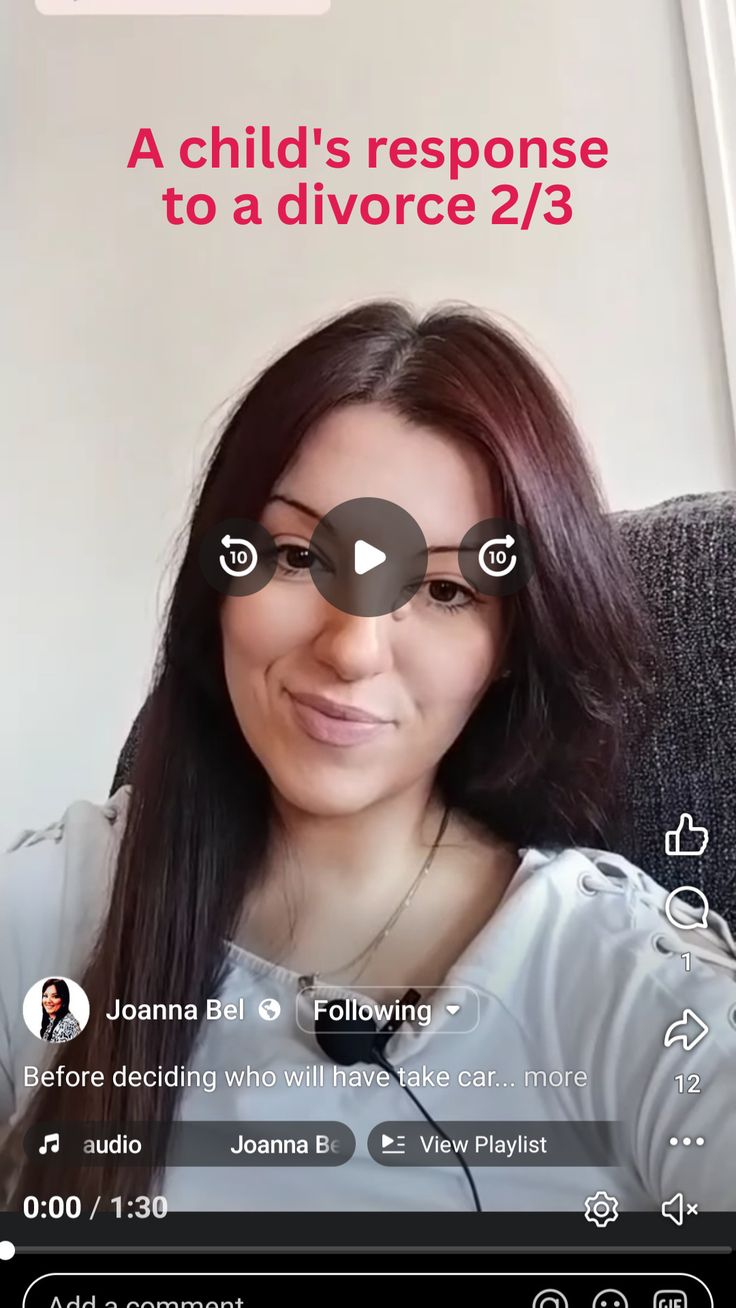
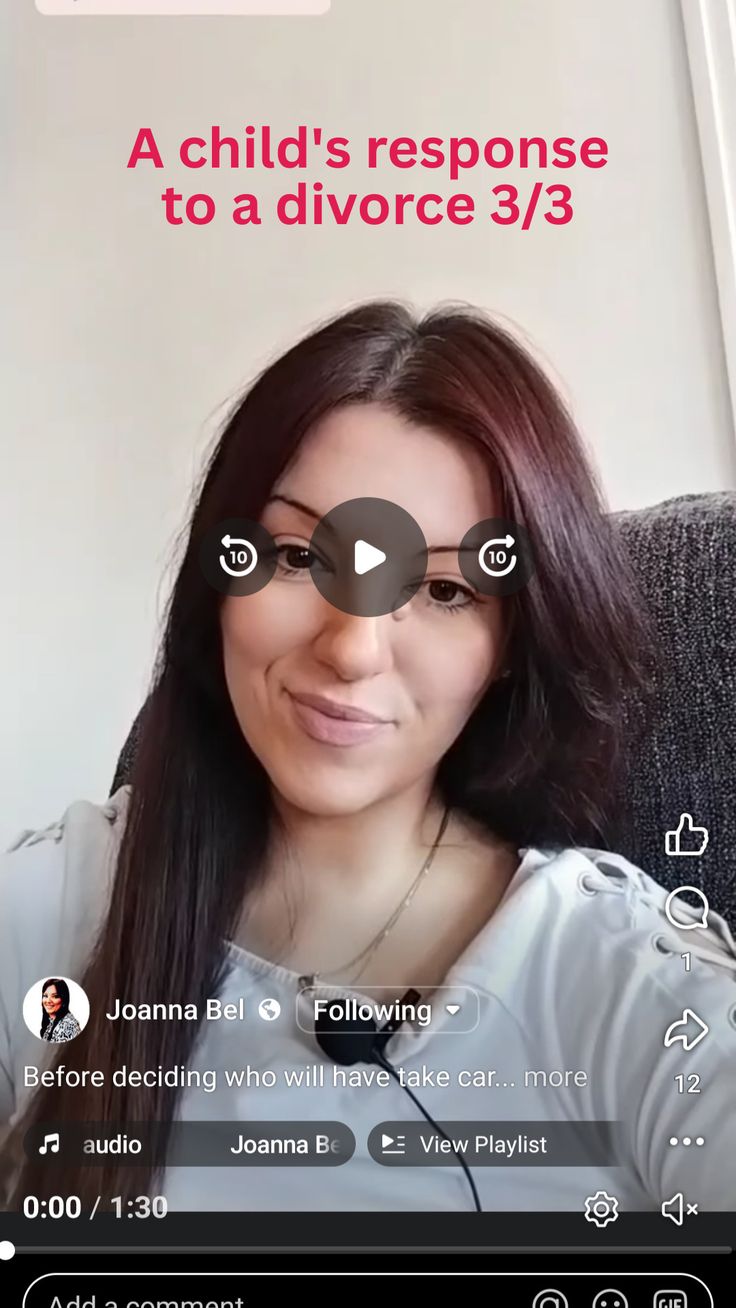








Leave a Reply